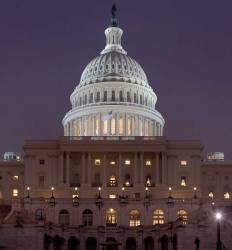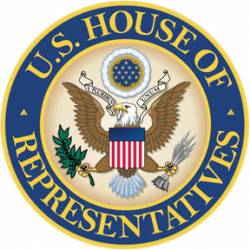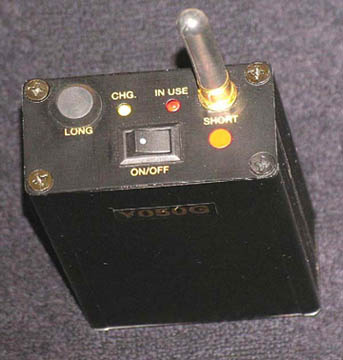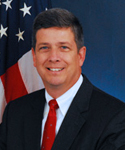As with the notion of “disruption,” unpredictability can be useful. A move in chess or go, for instance. Or in the case of cuisine — say, when usurping Taco Thursday with chicken tagine. Even in negotiations, an unanticipated gambit can change the outcome positively.
Sometimes, of course, unpredictability is in the immanent nature of things. Despite advances in meteorological technology and science, weather continues to prove fickle. Foreknowledge of earthquakes remains difficult to pin down in space and time.
As with the notion of “disruption,” unpredictability can be useful. A move in chess or go, for instance. Or in the case of cuisine — say, when usurping Taco Thursday with chicken tagine. Even in negotiations, an unanticipated gambit can change the outcome positively.
Sometimes, of course, unpredictability is in the immanent nature of things. Despite advances in meteorological technology and science, weather continues to prove fickle. Foreknowledge of earthquakes remains difficult to pin down in space and time.
In matters of infrastructure, however, unpredictability is rarely a plus. Discontinuing a bridge project halfway across the river is an expensive exercise. Eliminating a health insurance program can bring unforeseen consequences.
So it is with GNSS programs. Engineering change orders are an expensive proposition that have — as with many military technology innovations — bedeviled the program since the beginning. Mid-program changes in requirements or addition/ subtraction of capabilities have often put GPS modernization on a long and winding road.
Simply implementing planned upgrades is hard enough — satellite-ranging cross-links, for example, still not fully operational 20 years after conception. Accommodating unplanned changes are even more so.
The good news is that — after years of starts, stops, and course corrections; after budgetary underfunding and interventions by agencies outside those primarily responsible for the program (think Congress or the Federal Communications Commission); after long policy battles and unrealized mandates, after years of blood, sweat, and tears spent in wrestling a comprehensive and stable enterprise out of the competing motives and goals of myriad players, after all this — GPS is on relatively solid ground with a relatively clear way ahead.
The 2017 National Defense Authorization Act, passed in December by the last bipartisan Congress that we’ll see for a couple of years, funds the program in most of its parts and provides guidance on issues of a backup system, frequency protection, critical infrastructures, and use of other GNSS systems by U.S. citizens and military services.
The International Committee on GNSS (ICG) continues to reconcile operational practices and technical policies to optimize the utility of multiple systems. Bilateral agreements are taking compatibility and interoperability even further.
If Congress puts our tax money where its mouth is and matches authorization with 2017 appropriations, then the GPS program will be in good shape — absent a U-turn when the bill arrives at the White House.
Indeed, the known knowns seem likely to outweigh the known unknowns. As for perhaps the leading unknown unknown, a new commander in chief, well, stay tuned to your SMS provider.
Omnibus legislation such as a $619-billion budget makes a tempting target for whim and vendetta, for superficial micro-managing.
Perhaps it will be enough to mention that Twitter ultimately depends on effective and stable GPS timing. (Yes, we can assert that caveat in far less than 140 characters.)
But, more likely, GPS/GNSS- stakeholders — within and outside government, in the United States and abroad, among users and providers — will need to stand ready to protect hard-won equities against caprice and transient temperament. A 44-year legacy and institution must necessarily trump the passing fancies or fantasies of term-limited politicians and administrations.





